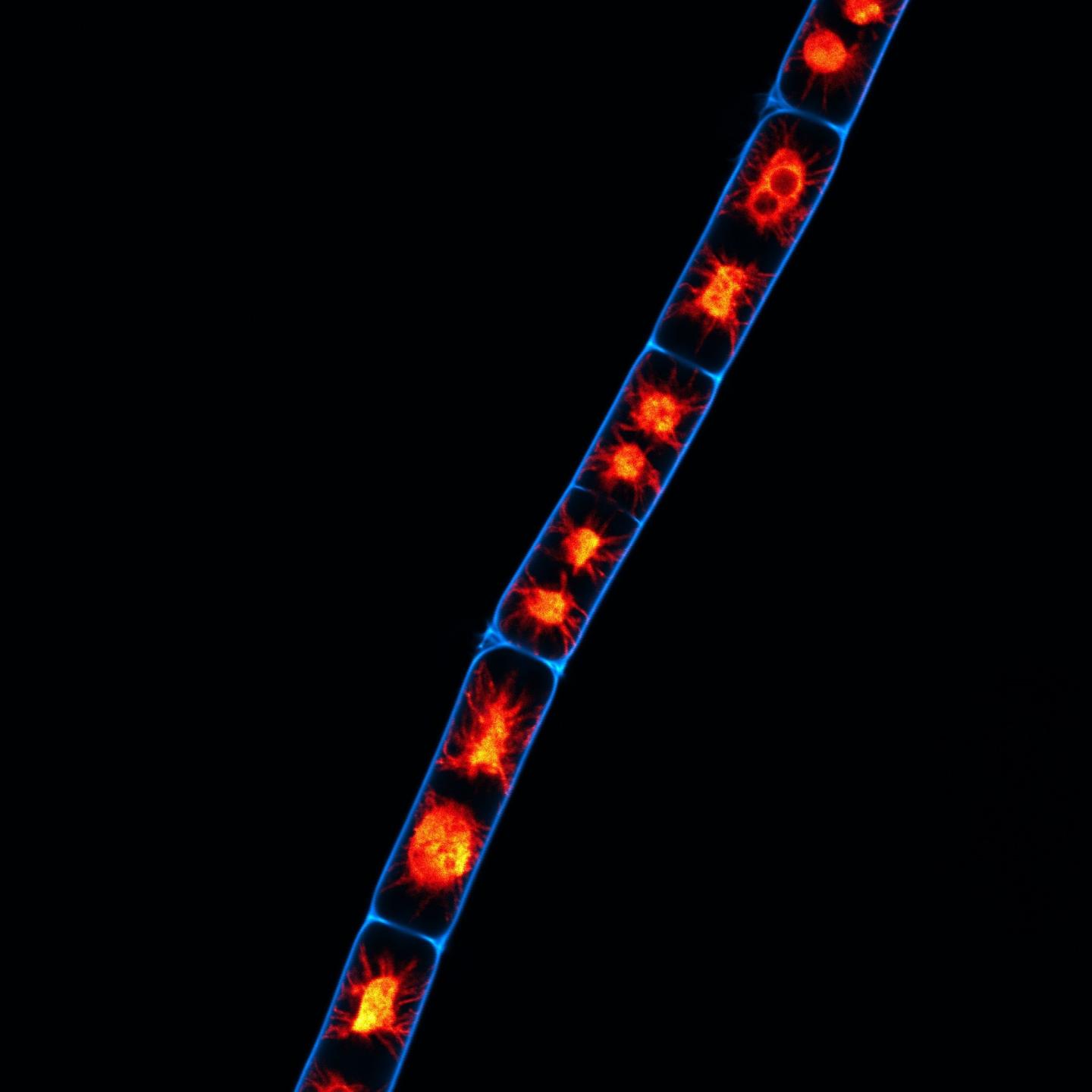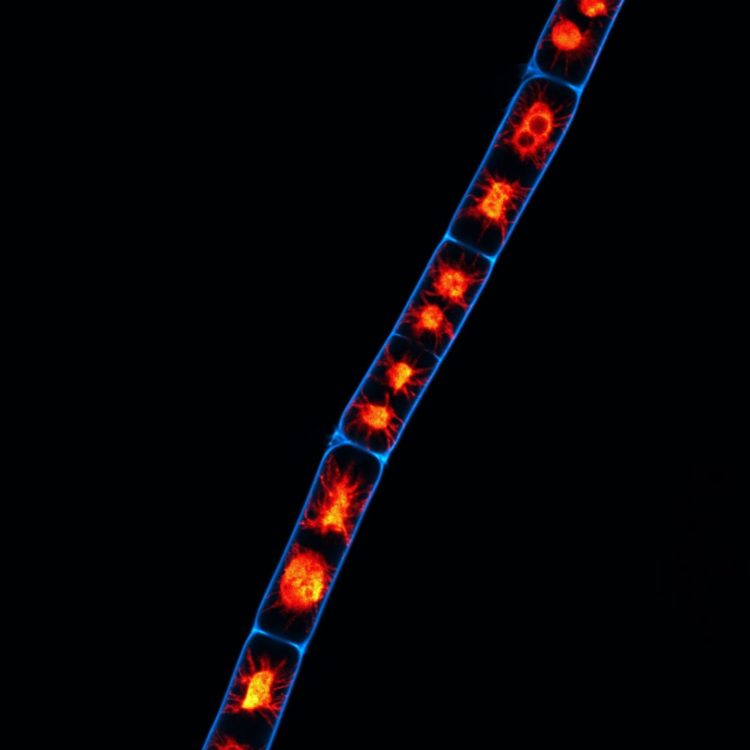An international research team including Göttingen University investigates evolutionary development

Credit: Jan de Vries
Plants get stressed too. Environmental factors such as drought or a high concentration of salt in the soil disrupt their physiology. All land plants, from liverwort to rye, use a complex signalling cascade under stressful conditions. An international research team led by the Hebrew University of Jerusalem with the participation of the University of Göttingen investigated how evolutionary changes in receptor proteins led to their ability to sense the plant hormone abscisic acid (ABA). This enabled them to develop sensing mechanisms that aided their colonization of dry land and their response to stress conditions. The results were published in the journal Proceedings of the National Academy of Sciences (PNAS).
The signalling cascade of stress in “land plants”, ie all plants that grow on land from moss to trees but not algae, is based on the detection of the messenger substance abscisic acid, which is a plant hormone. According to scientific understanding, this hormone’s action has long been regarded as a key characteristic of land plants. Scientists suspected that this hormone, which regulates stress responses, helped plants early on in their evolution to cope with the stress they were exposed to during the “conquest” of the land.
Co-author Professor Jan de Vries from the Institute of Microbiology and Genetics at the University of Göttingen says: “We were able to show that the closest living algae relatives of land plants, the zygnematophyceaen green algae (to some unflatteringly known as ‘pond scum’), have a complete set of genes that strongly resembles the genetic framework that land plants use for the detection of abscisic acid. In particular, we found that the first step in the signalling cascade was present: a possible receptor for the hormone.”
In the current study, an international team consisting of researchers from four different countries and led by the Hebrew University of Jerusalem, investigated whether and how this receptor gene integrates into the signalling cascade. “Using molecular biological methods, we found out that it integrates into the signalling cascade and is able to regulate it,” says de Vries. “However, it does this independently of the hormone abscisic acid.”
In land plants, the signalling cascade hinges on the action of the stress hormone. However, algae do not use the hormone as a trigger for the signalling cascade — so the cascade has an origin independent from this function as hormone-dependent signalling framework. Interestingly, this original mechanism still functions in land plants – in addition to the well-known hormone-dependent mechanism that every biology student learns.
###
Original publication: Yufei Sun et al. A ligand-independent origin of abscisic acid perception. Proceedings of the National Academy of Sciences (2019). Doi: 10.1073/pnas.1914480116
Publication: https:/
Contact:
Professor Jan de Vries
University of Göttingen
Faculty of Biology and Psychology
Institute of Microbiology and Genetics
Department of Applied Bioinformatics
Goldschmidtstraße 1, 37077 Göttingen
Tel: 0551 39-13995
Email: [email protected]
http://www.
Media Contact
Melissa Sollich
[email protected]
49-055-139-26228
Original Source
https:/
Related Journal Article
http://dx.





